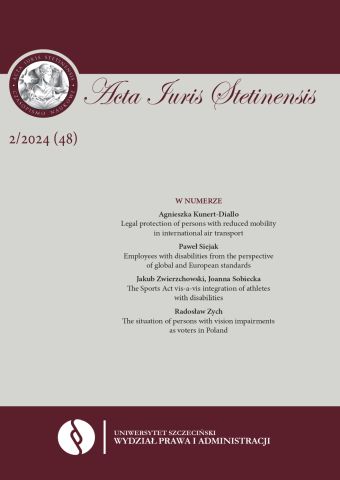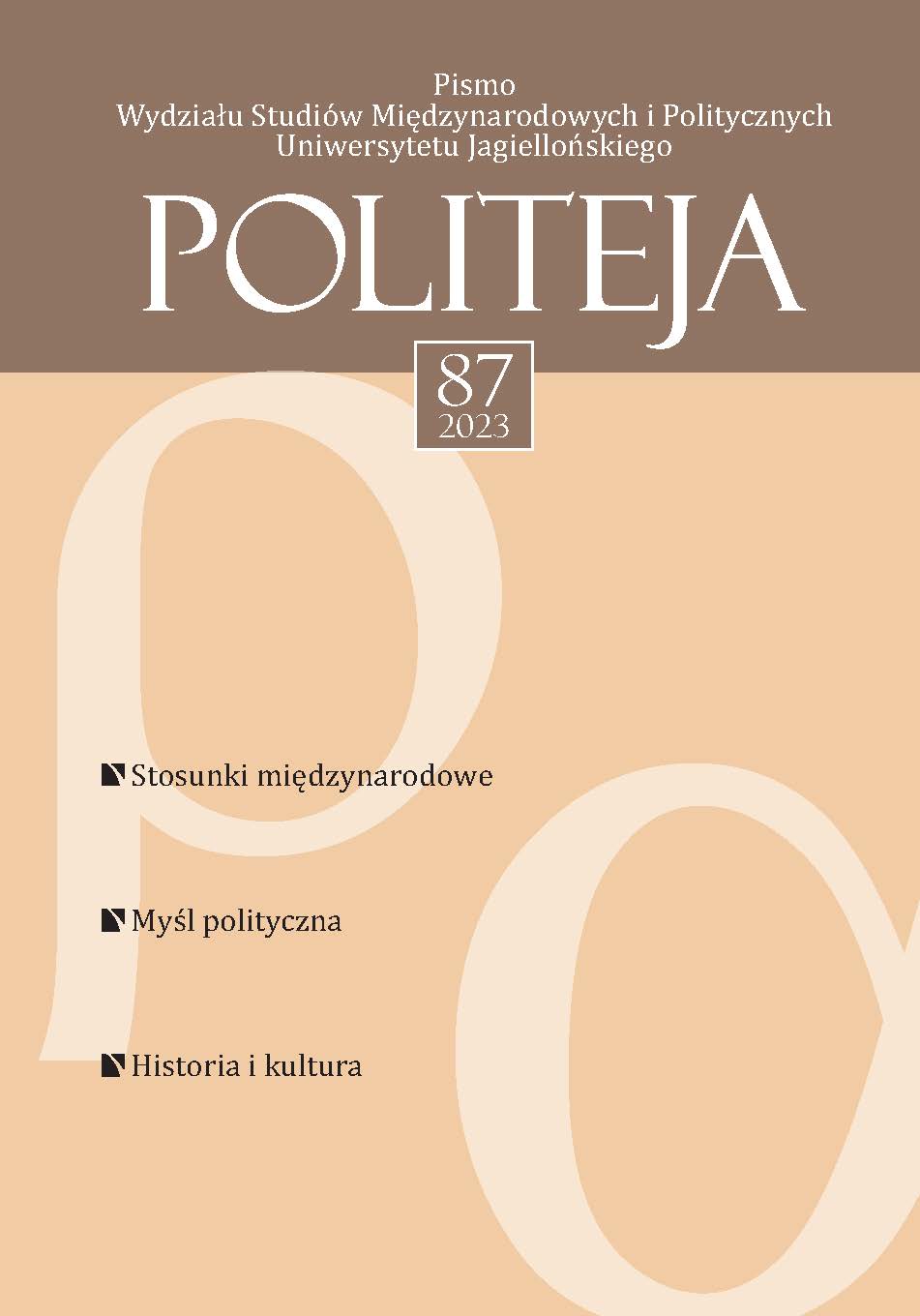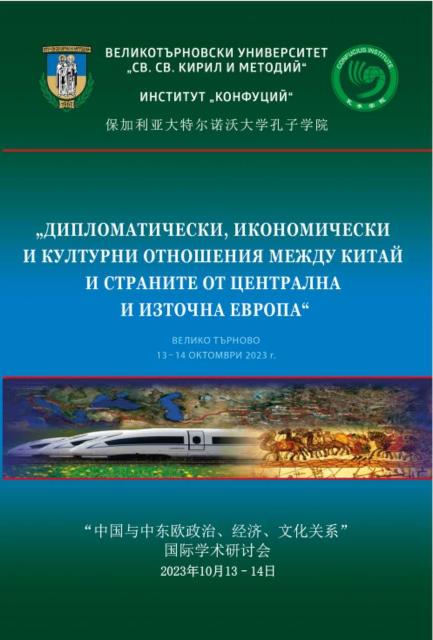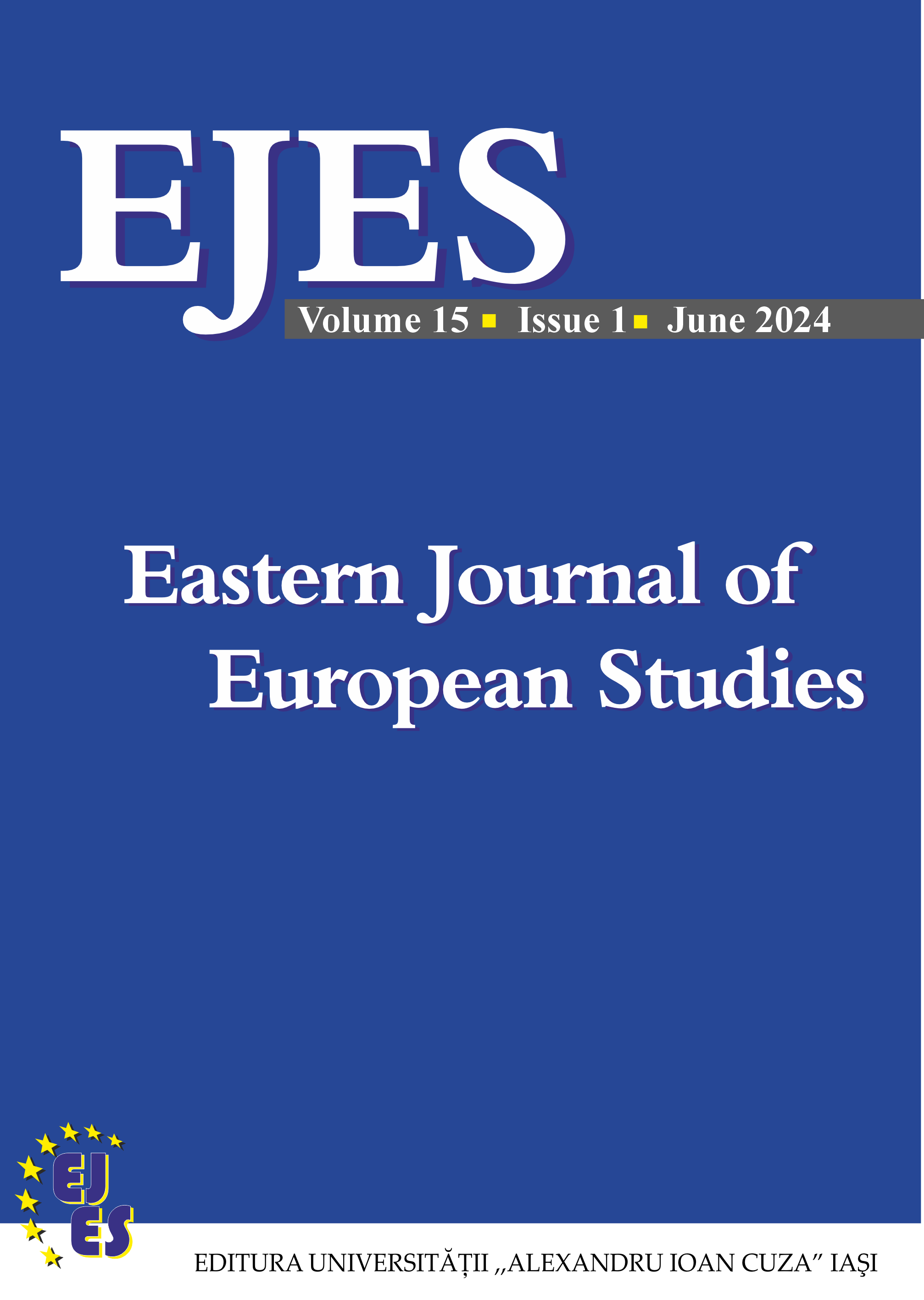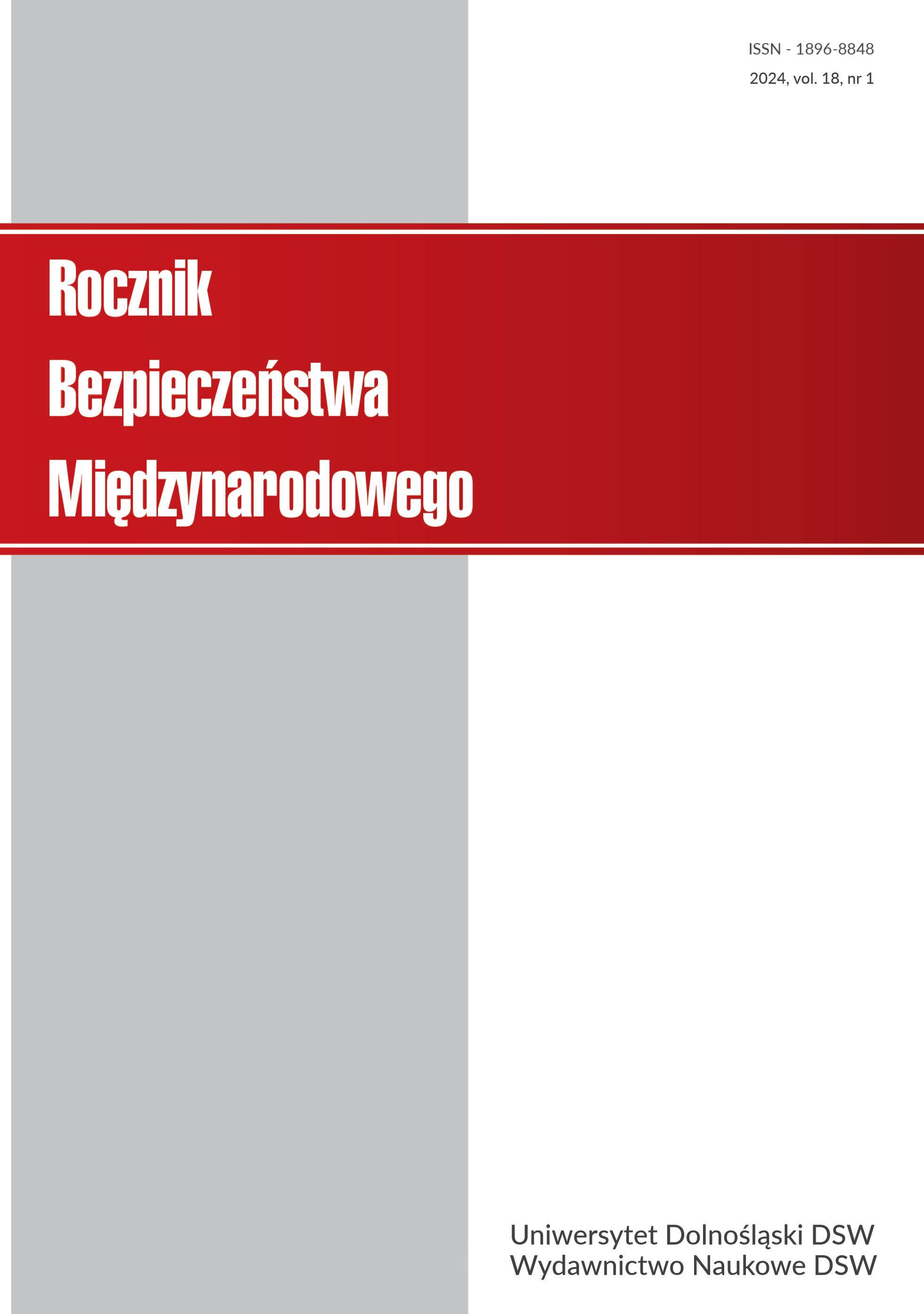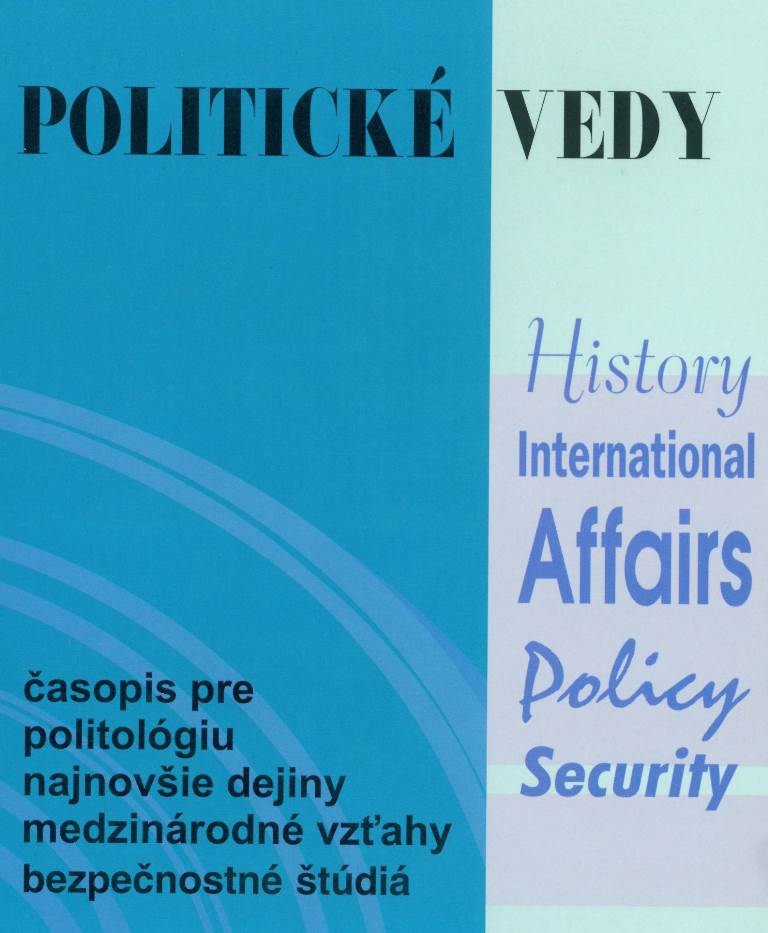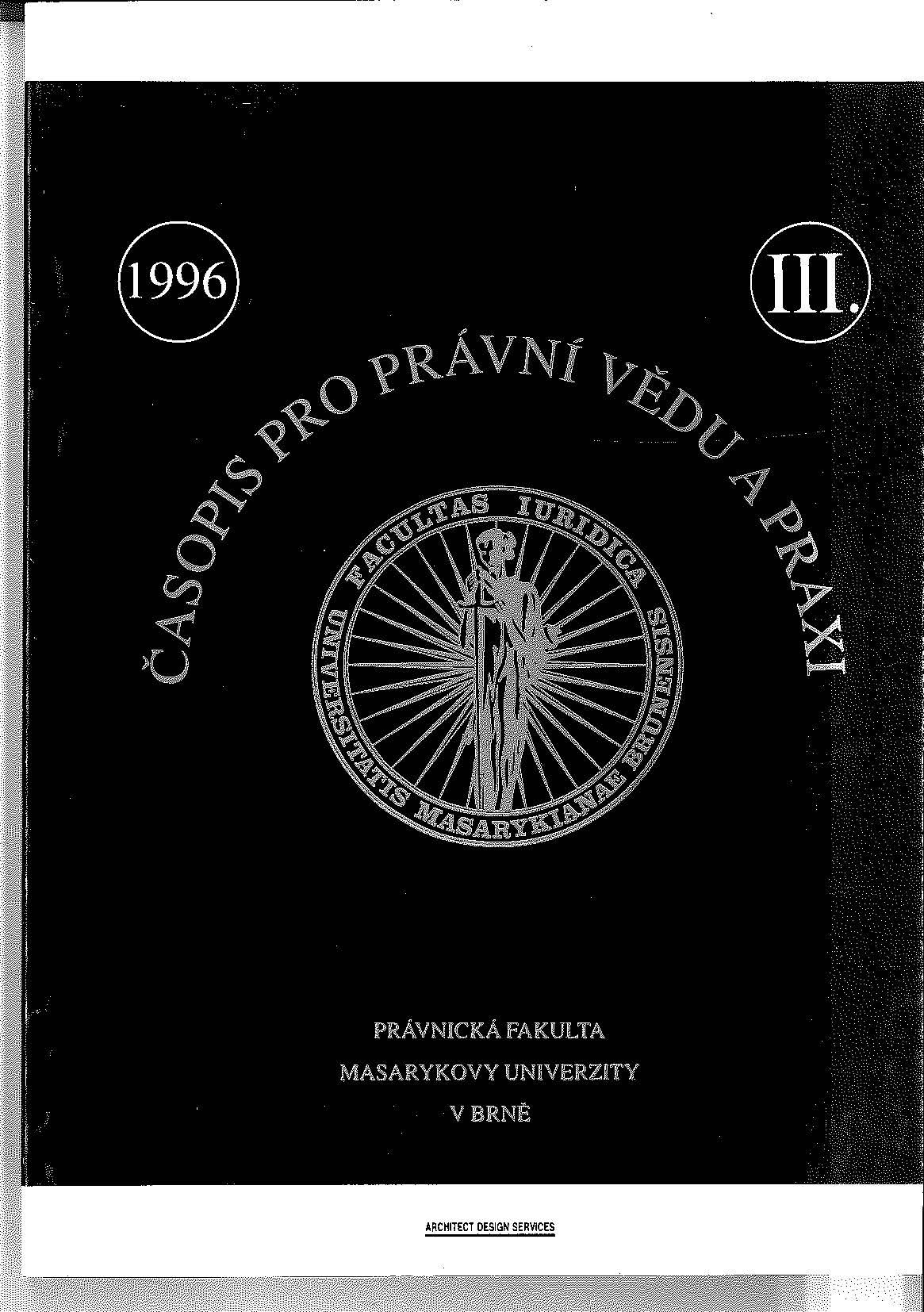
K otázce pozitivního a "nadpozitivního" práva
The article discusses the relationship between positive law and natural law, focusing on the concepts of constitutive power (pouvoir constituant) and constituted power (pouvoir constitué). It explores the idea that positive law, which is codified and enforced, is subordinate to natural law, which is seen as superior and fundamental. The author critiques the notion that natural law only becomes valid when it is codified into positive law, arguing instead that natural law should guide and correct positive law. The discussion includes references to various legal scholars and their views on the matter, emphasizing the complexity of integrating natural law into the legal system. The article also touches on the political implications of these legal theories, particularly in the context of democratic governance and the sovereignty of the people. The author concludes that while positive law is essential for order, it must be aligned with the higher principles of natural law to ensure justice and legitimacy.
More...
